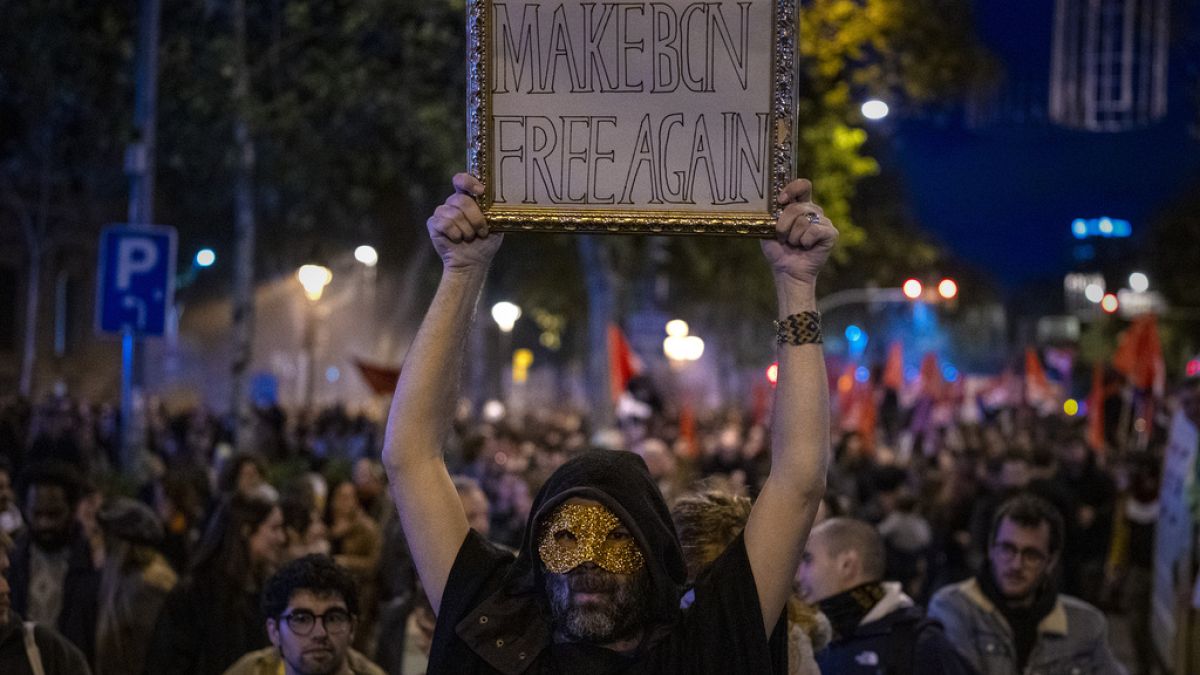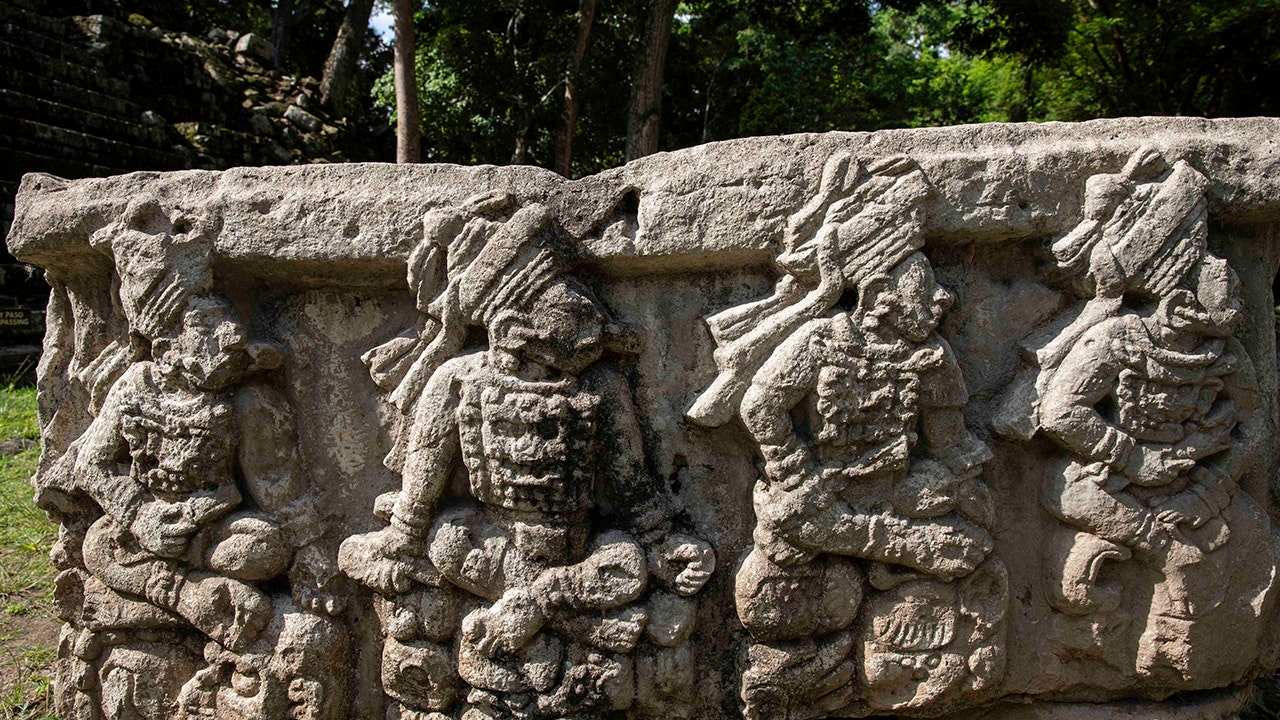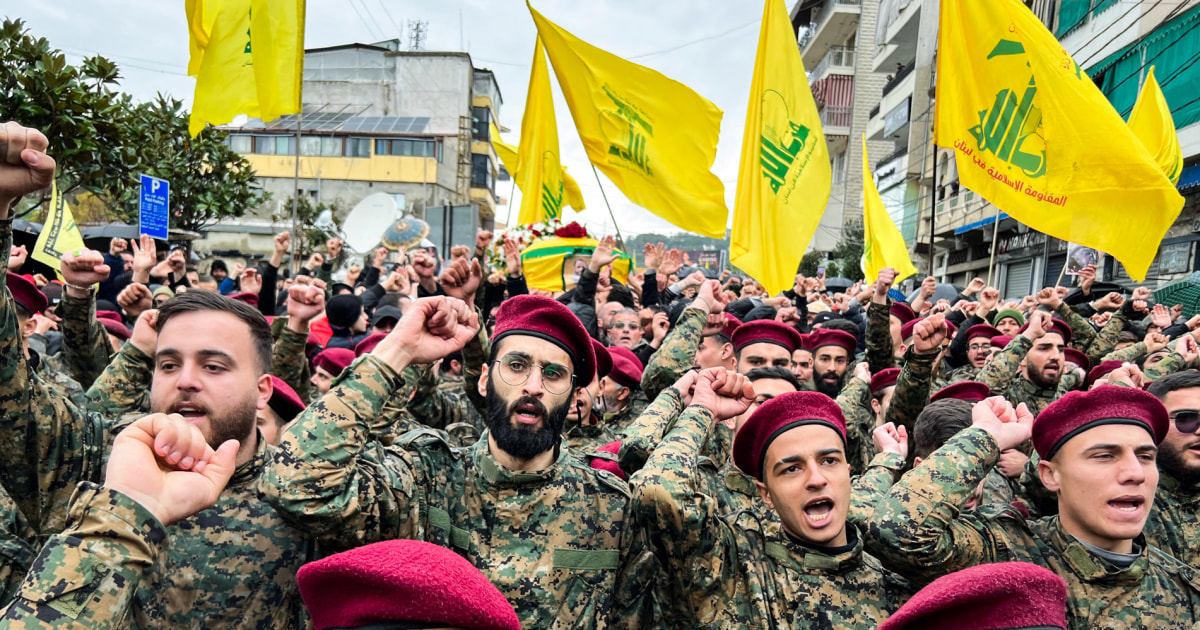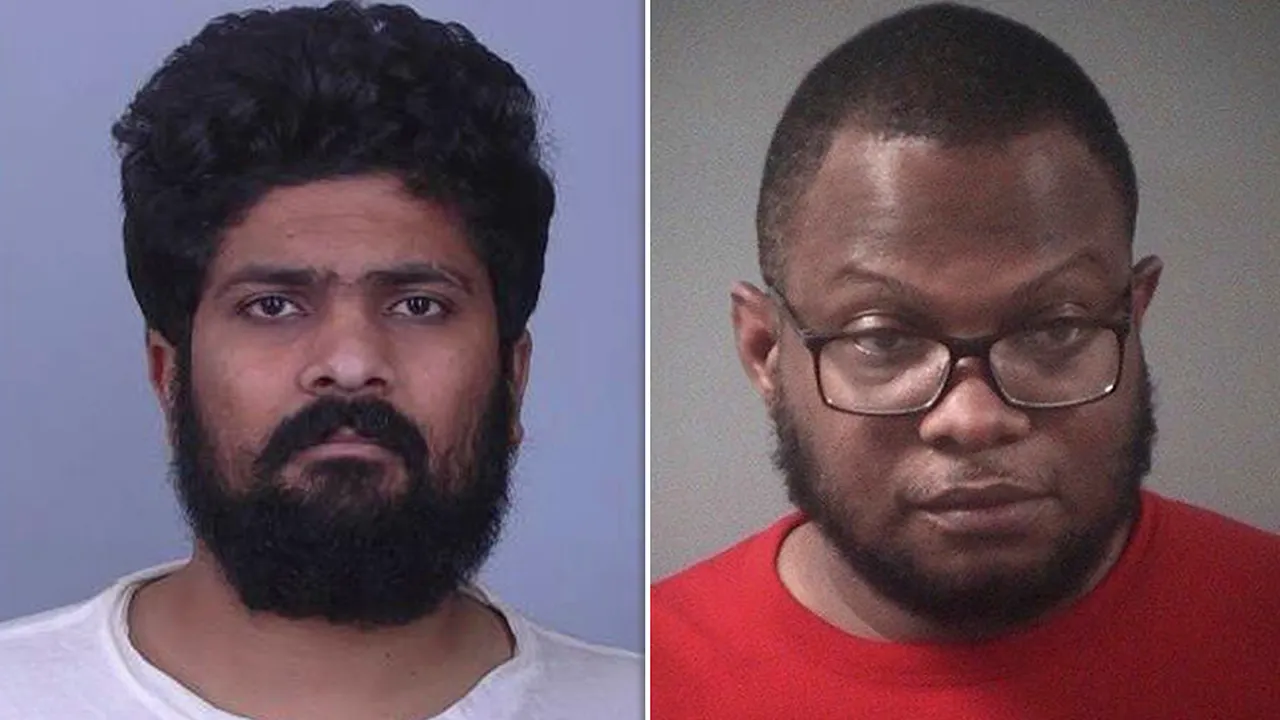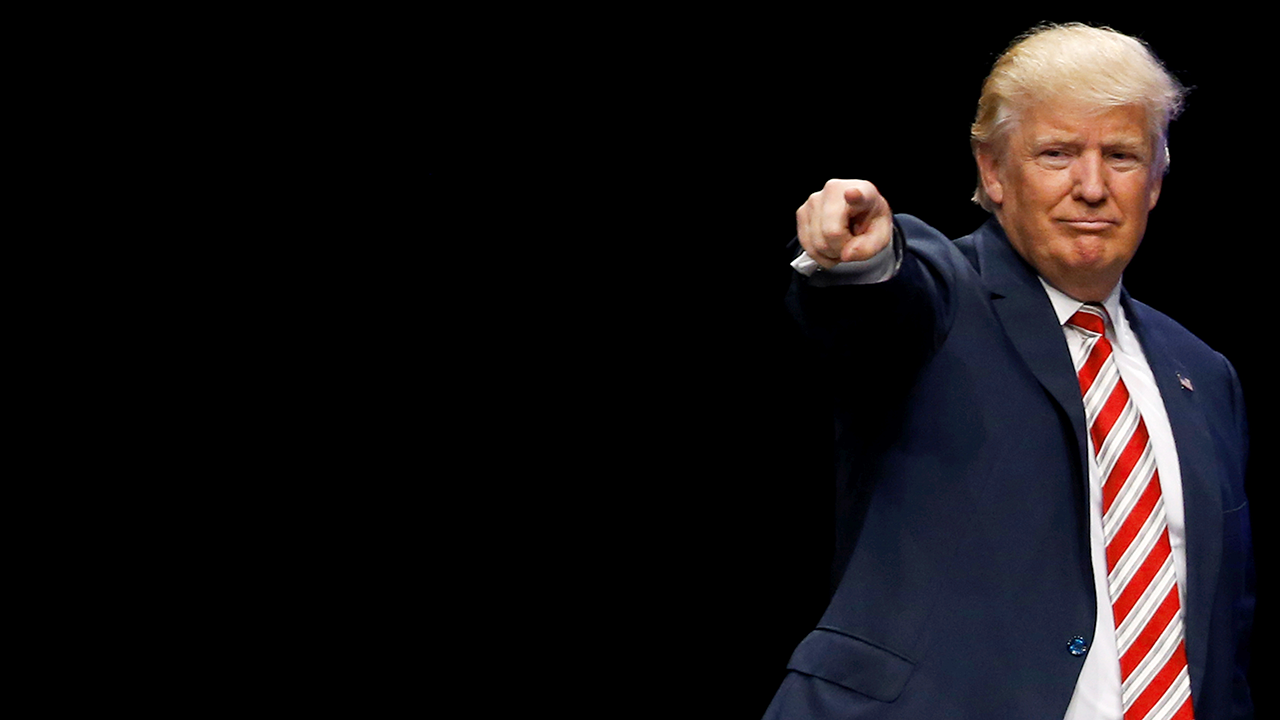Israeli airstrikes that wiped out Hezbollah’s top leadership and left its internal security in tatters are a devastating blow to Iran’s decadeslong project of wielding power in the Middle East through proxies, former U.S. intelligence officials and analysts say.
In a matter of weeks, Iran and its most important proxy, Hezbollah, have suffered catastrophic security failures. Israel sabotaged the group’s communications, took out multiple senior figures and killed Hezbollah’s powerful and influential longtime leader, Hassan Nasrallah, who cannot be easily replaced.
U.S. officials said the Israeli airstrikes, which continued Sunday, took out most of Hezbollah’s leadership and destroyed multiple weapons depots, causing unprecedented damage, both physical and psychological, to the militia group.
The Iranian regime viewed Hezbollah as a cornerstone of a strategy to outflank militarily superior adversaries with armed proxies, funded and trained by Tehran’s Islamic Revolutionary Guard Corps, which Tehran dubbed the “axis of resistance.”
Equipping Hezbollah with an arsenal of rockets and missiles, along with other groups in Gaza, Iraq, Syria and Yemen, Iran gambled that it could steadily weaken Israel and the U.S. and flex its muscle while avoiding a direct confrontation that it could not win.
But Iran’s strategy underestimated how Israel would respond to the Hamas terrorist attack of Oct. 7 and subsequent cross-border rocket fire from Hezbollah. Tehran also overestimated the strength of its proxy network, former intelligence officers and counterterrorism analysts said.
“Basically, their whole calculation has been torn to shreds,” said terrorism expert Bruce Hoffman, a professor in the School of Foreign Service at Georgetown University. “For Israel, this is a stunning turnaround from the events of almost a year ago.”
Hoffman was referring to Hamas’ Oct. 7 attack that caught Israel’s intelligence agencies off-guard, killed 1,200 Israelis and resulted in 250 people being taken hostage. “Israeli intelligence has restored their aura of deterrence,” Hoffman said. “They lost it after the 10/7 debacle.”
Damage to other proxies
Israel turned its focus to Hezbollah after it severely damaged Hamas in the Gaza Strip over the last year. Israeli military operations there are believed to have killed thousands of the group’s fighters and destroyed large parts of its vast network of tunnels.
However, Yahyah Sinwar, the leader of Hamas, is believed to be alive and hiding in tunnels that Israeli forces have not yet seized. Israel’s government also has faced international condemnation over the high civilian casualty toll from its operations in Gaza, with more than 42,000 Palestinians killed, according to Palestinian health officials.
The Iranian proxy group that has avoided major damage since the Oct. 7 attack is the Houthi forces in Yemen. With support from Tehran, they have continued to attack U.S. military vessels and commercial shipping in the Red Sea and to launch missiles at Israel.
On Sunday, Israel’s military said dozens of its aircraft bombed power plants in Yemen and a seaport at Hodeida in retaliation for a Houthi missile attack on Israel. The impact of those attacks remains unclear.
Although Hezbollah has been under relentless attack in recent days, Iran has proved incapable — and possibly unwilling — to protect its protégés in Lebanon. That could raise questions for some fighters in Iran’s proxy groups about whether Tehran is a worthy patron, former intelligence and defense officials said.
Tehran’s network of proxies was supposed to serve as a deterrent to a direct Israeli attack on Iran itself, said Matthew Savill of the London-based Royal United Services Institute, who was a senior official in the U.K.’s Defense Ministry.
But Savill said recent events have “exposed the weakness at the heart” of Iran’s proxy strategy. “While Iran will use its partners in defense of itself,” he said, “the reverse is not true, and it is unlikely to go to war with Israel to save one of those partners.”
Glenn Corn, a former senior CIA officer, agreed. “Iran, so far, has been unable to do anything significant to back up the proxies,” said Corn, now the senior director of Geopolitics and Global Threat Assessment at the Institute for Critical Infrastructure Technology.
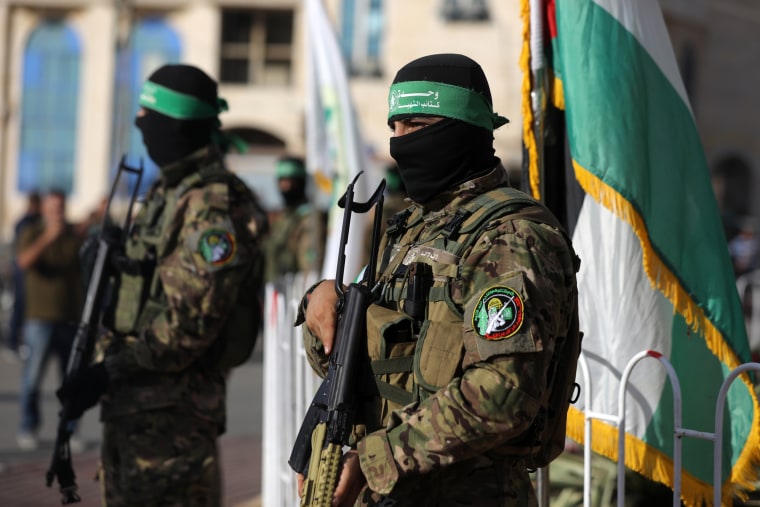
Israel’s ability to successfully strike Hezbollah’s inner circle follows years of intelligence work since 2006, when Israel tried and failed to kill Nasrallah and permanently defeat the militia, Corn and other former intelligence officers said. Long-term intelligence work is “paying off,” Corn added.
The successful Israeli operations have also forced Iran and Hezbollah to face a vexing question: how and when to retaliate without suffering yet more setbacks?
If Iran or Hezbollah chooses to unleash a barrage of rockets and missiles on Israel now, it risks massive retaliation by Israel and a full-blown war that Tehran is ill-equipped to win.
There is also the risk that Israeli and U.S. forces in the region will down many of the missiles, as happened in April, when Iran fired more than 300 drones and missiles at Israel with almost no effect.
For a new Iranian president who says his government is ready to revive nuclear diplomacy with the West, a spiraling conflict with Israel would torpedo any chance of negotiations or sanctions relief needed to revive Iran’s economy.
If Tehran opts not to retaliate, though, Iran will look weak and appear to be retreating from Israel. The country’s 85-year-old supreme leader, Ayatollah Ali Khamenei, “is now in a dilemma of his own making,” analyst Karim Sadjadpour, a senior fellow at the Carnegie Endowment for International Peace, said on social media.
“By not responding strongly, he keeps losing face. By responding too strongly, he could lose his head,” Sadjadpour wrote, adding that “these humiliations will fuel talk about succession in Tehran.”
Another option for Iran and Hezbollah would be to carry out terrorist attacks overseas, going after more vulnerable soft targets associated with Israel and the U.S. around the world, former officials said.
“The one concern we should have is a return to the old kind of terrorist game, soft targets such as embassies overseas, both Israeli and U.S.,” said Marc Polymeropoulos, a former CIA official. “Certainly that would be a much more plausible scenario.”
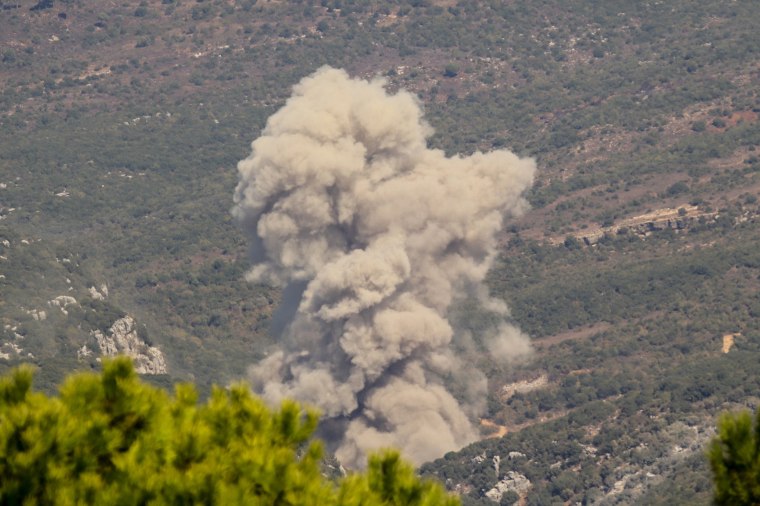
The dangers for Israel
For Israel, flush with success against Hezbollah, there is a risk that overconfidence could lead Prime Minister Benjamin Netanyahu to order a ground invasion of Lebanon, former officials said.
Israel’s previous military incursions into Lebanon, most recently in 2006, backfired badly, and the sight of Israeli troops on Lebanese soil could provide a shot in the arm to Hezbollah’s forces and cause, former intelligence officers said.
In Beirut, the disarray inside Hezbollah and the absence of a strong leader are likely to create a vacuum, Corn said. And it is unclear whether the Lebanese government will try to reassert itself after having been dominated for years by Hezbollah.
“Who’s going to fill that vacuum? Is it going to be the Lebanese state? Is it going to be ISIS? Is it going to be some other group?” Corn asked. “A big question is if the Lebanese Armed Forces are ready to step in and take control of their country, which they have been unable to do up until now, because Hezbollah has been the number one military and political force in Lebanon.”
Iran’s first task will be to rebuild Hezbollah and its other proxies, said Norman Roule, who worked for 34 years at the CIA and oversaw intelligence on Iran.
Despite the serious damage, “the groups survive, and their hold on their respective geographies has not diminished to the point where their survival is in question,” Roule said. “Iran’s primary goal will be to assist in the survival and recovery of these groups.”
Israel’s campaign has removed a generation of Hezbollah’s leadership, along with hundreds of key subordinates, added Roule, now on the advisory board of United Against Nuclear Iran, a nonprofit group that says it combats the threats posed by Iran. As long as Israeli attacks continue, Hezbollah’s decision-making will be in disarray, but the militia remains a significant force.
Read the full article here



